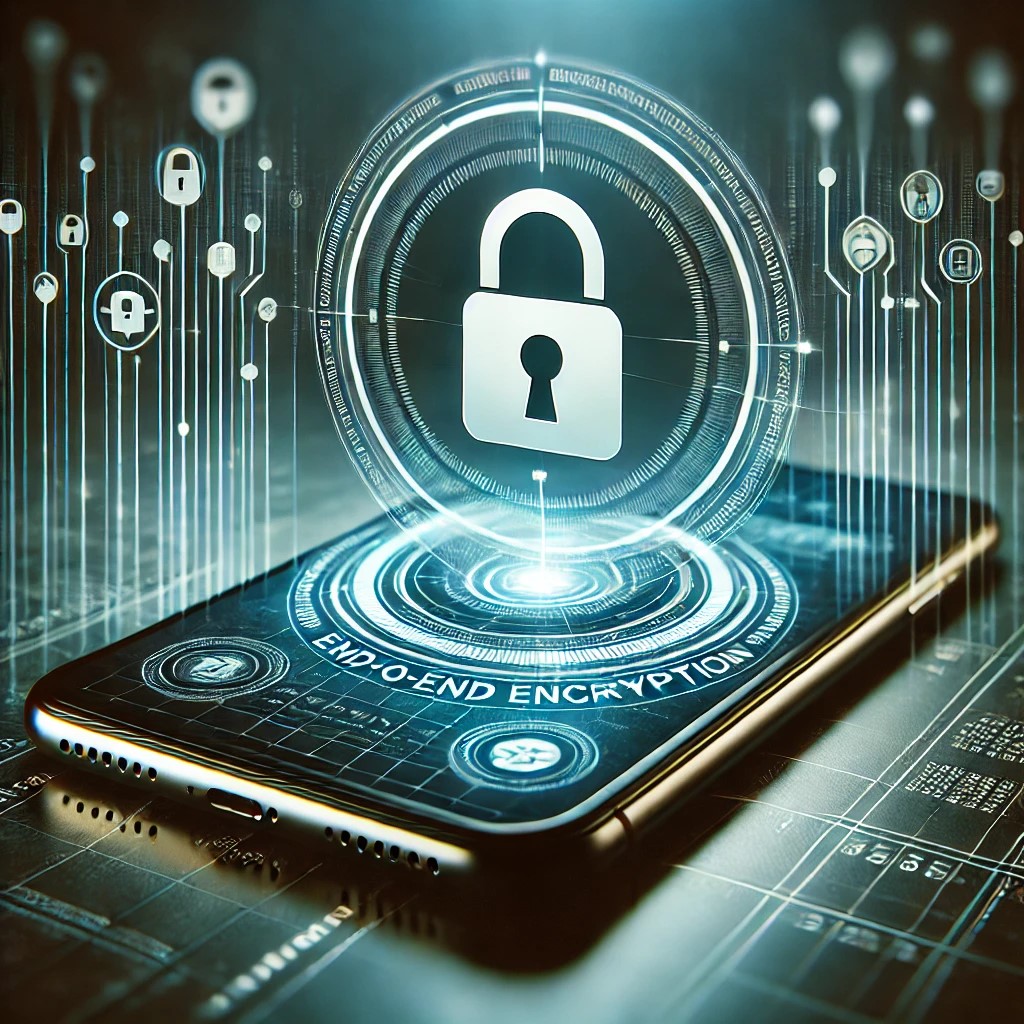Why the Government Wants You to Switch Your Messaging App

Think your text messages are private? Think again. A major cyberattack called Salt Typhoon recently hit some of America’s biggest phone companies, including AT&T and Verizon. It was tied to hackers from China and is one of the largest breaches of U.S. infrastructure we’ve ever seen.
Experts say these hackers went after high-profile targets like government officials. But the attack showed just how vulnerable everyone’s communications are. Now, agencies like the FBI, NSA, and CISA are urging people to take their privacy seriously. One of their top tips is using apps with end-to-end encryption, a feature that makes your messages much harder to intercept.
End-to-end encryption is like a locked box only you and the person you’re talking to can open. It keeps your conversations safe from hackers, spies, and even the companies that own the app. Apps like WhatsApp and Signal have this feature built in, making them a much safer option than older methods like SMS or MMS.
Some apps are better than others. WhatsApp is widely used and easy to set up. Signal is a favorite among privacy fans because it collects little to no data about you. There are also paid options like Threema, which offers strong privacy but costs a few dollars. The downside? Not everyone uses these apps, and getting others to switch can be tough.
Newer messaging systems like RCS are improving. Google Messages supports end-to-end encryption for chats between users, but the feature isn’t always turned on. Apple’s iMessage is another good choice, but only when you’re messaging other Apple devices.
Many of us stick to outdated texting methods because they’re convenient. But experts like Roger Grimes from KnowBe4 warn that convenience comes at a cost. If privacy matters to you, it’s worth the small effort to switch to a more secure app.
Salt Typhoon was a wake-up call. If you want to protect your messages from prying eyes, it’s time to make the change.
